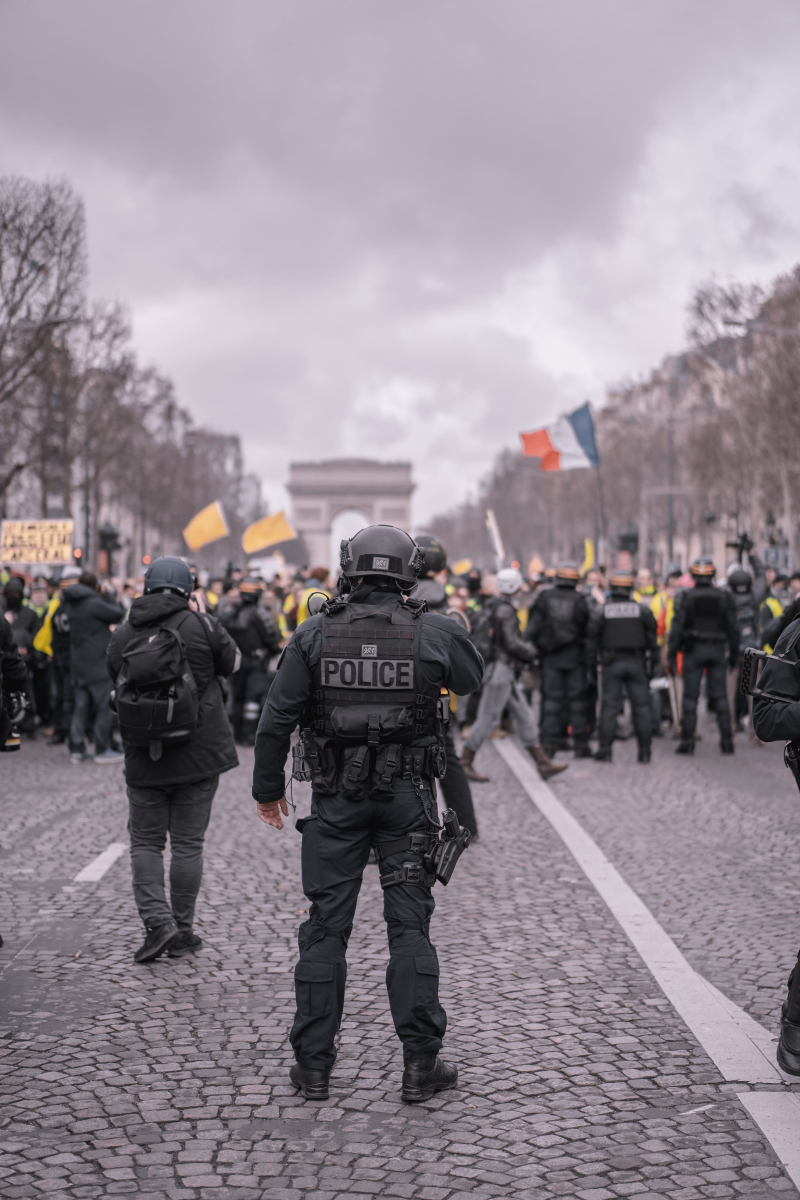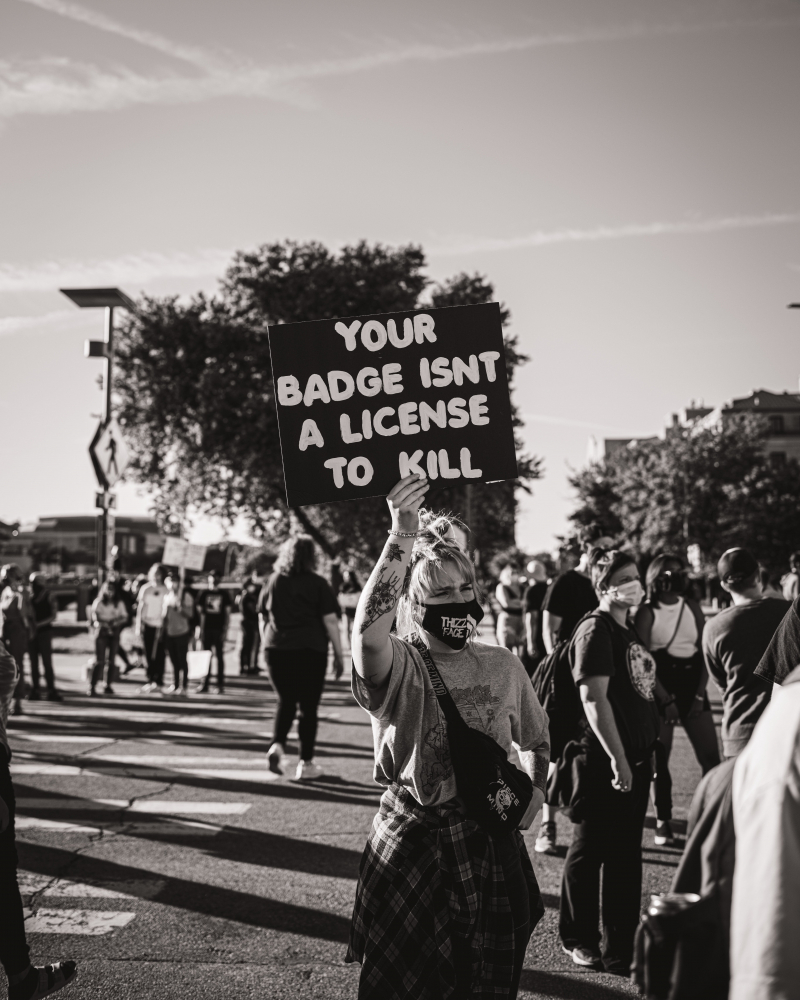Police Brutality
Topic: Analyze the systemic issues that contribute to police brutality
Answer:
Police brutality, a deeply contentious issue, has spurred widespread debates on the relationship between law enforcement and the communities they serve. This essay delves into the controversies surrounding police brutality, exploring both the systemic issues that contribute to it and the ongoing efforts to reform policing practices and build trust within communities.
Police brutality often finds its roots in systemic issues such as institutional racism, lack of accountability, and inadequate training. The disproportionate use of force, particularly against marginalized or minority communities, reflects deeply ingrained problems within the criminal justice system. Addressing police brutality requires a comprehensive examination of these systemic factors and a commitment to transformative change.
Instances of police brutality have a profound impact on the relationship between law enforcement and the communities they are sworn to protect. The erosion of trust, especially in minority communities, contributes to a cycle of fear, resentment, and further tension. Rebuilding this trust necessitates not only accountability for misconduct but also proactive efforts to engage with and address the concerns of the communities affected.
Body cameras have emerged as a potential tool to increase transparency and accountability in policing. While they offer a means of documenting interactions and holding officers accountable for misconduct, their effectiveness depends on proper implementation, consistent usage, and the establishment of clear policies to address issues such as access to footage and consequences for non-compliance.
Community policing, an approach focused on building positive relationships between law enforcement and the communities they serve, is often touted as a solution to address issues of trust and accountability. By fostering collaboration, communication, and mutual understanding, community policing seeks to bridge the gap between law enforcement agencies and the diverse communities they protect.
Civilian oversight, in the form of review boards or independent monitors, is seen as a mechanism to hold police departments accountable for instances of brutality. However, the effectiveness of civilian oversight relies on factors such as the authority granted to these bodies, the transparency of their investigations, and their ability to influence meaningful change within law enforcement agencies.
In conclusion, police brutality remains a flashpoint in discussions about justice, equality, and community well-being. Addressing this complex issue requires a multifaceted approach that encompasses systemic reform, community engagement, and transparent accountability mechanisms. The ongoing quest for police reform is not just a call for justice but a commitment to building a law enforcement system that prioritizes the protection and respect of all citizens, regardless of their background or community. The shadows of police brutality can only be dispelled through collective efforts, dialogue, and a steadfast commitment to upholding the principles of justice and equality within our society.












